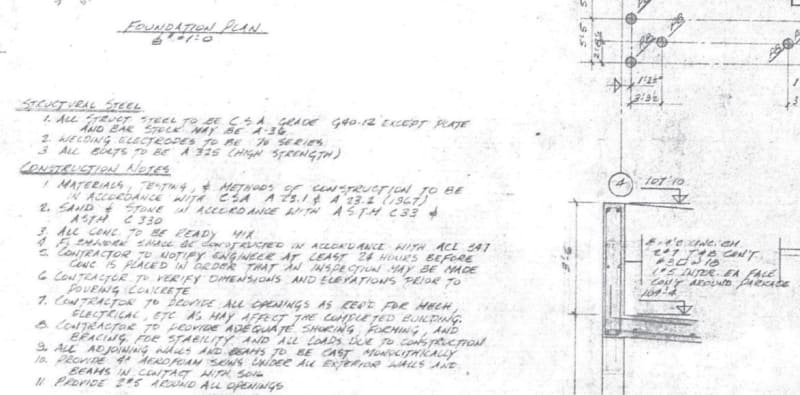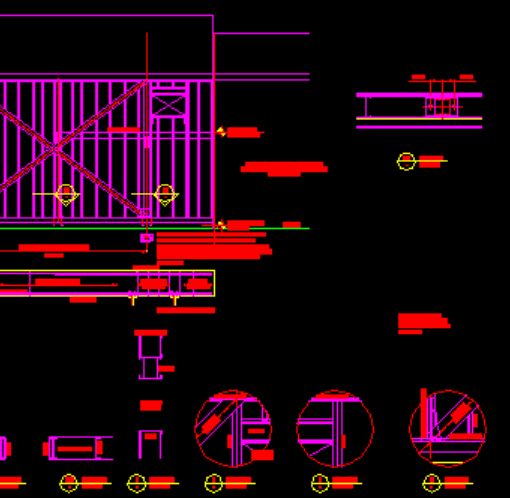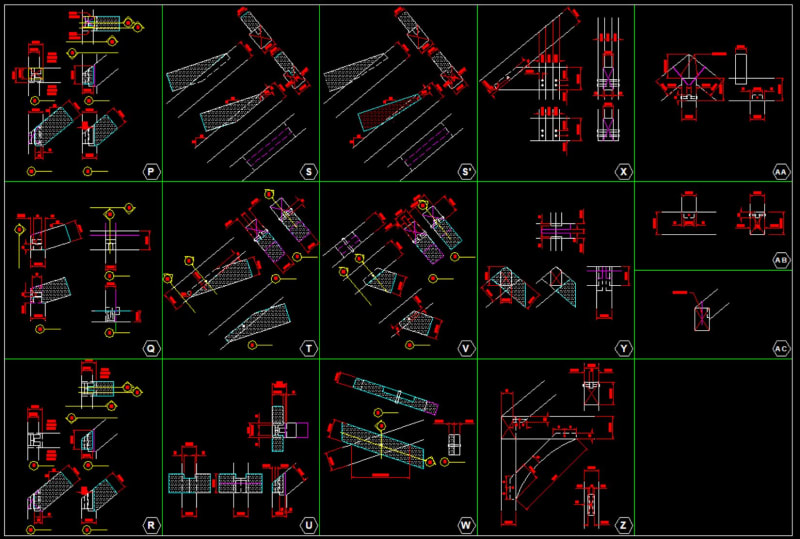LockeBT - if you're talking about just other materials you're up a creek. Nobody is going to teach you wood framing design so you can compete with them. If you're talking about truly niche and specialist fields, it's a little easier - you can hire a post tensioning expert to consult on a project. They help you heavily on the first couple of projects, and then as time goes on and you learn more from them, you get to where you can do just about all of it. Maybe you keep pushing until you're an expert, or maybe you push until you feel comfortable delegating the final aspects of it to a specialty contractor.
If you came from a firm that only did concrete structures, I'm not going to say you're stuck doing only concrete, but pretty close. This is where understanding career paths from the time you're a freshman in college is really helpful - a lot of people pigeonhole themselves early on with no good way out.
I'd suggest this: find a really good course on the topic. Maybe look for some 500 or 600 level courses offered online through a university. It varies from school to school, but they may let you enroll in a single course without seeking a degree. Buy some good books. For wood design, Breyer's book is typically held up as the best out there. There are other good resources as well. Then, find a contractor that you know and trust and trusts you. Explain to them that you're trying to expand your practice and you'd like to observe some crews working. Spend some days on the jobsite. Sketch what you see. Also, read the code. A lot of my wood details are based on the details in the prescriptive code, and I modify them to suit engineered applications. That way, the contractor is still building roughly what they're used to, but with some minor enhancements as needed.
Now, once you think you've mastered it, do a full design of a building with drawings. Preferably not a real building. Once you think it's completely done, contact a firm outside of your immediate region that does third party/peer reviews and pay them to review it. See what comes back. Maybe have a few firms do the review so you can get a good cross section of opinions.

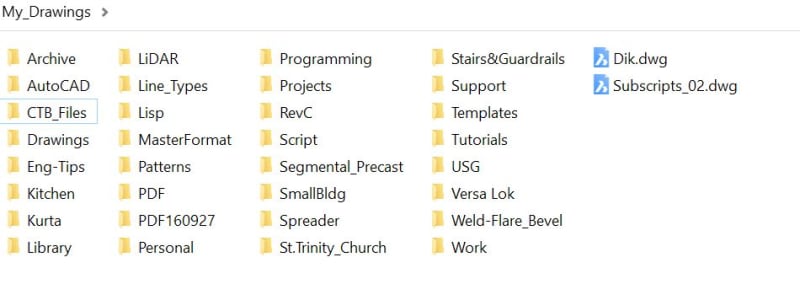
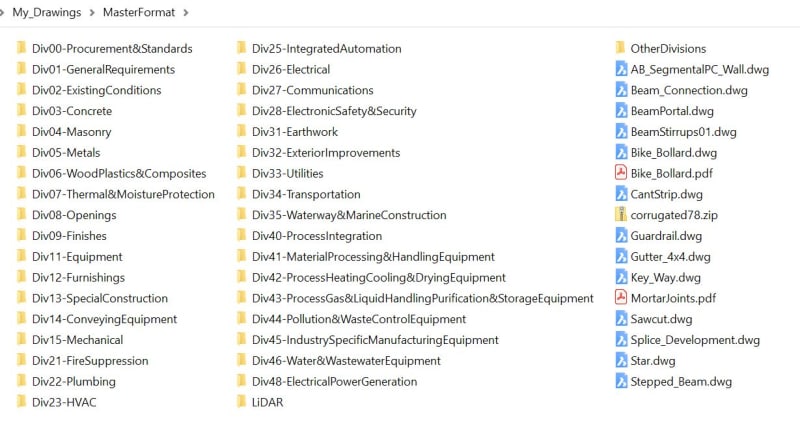

![[pipe] [pipe] [pipe]](/data/assets/smilies/pipe.gif)
